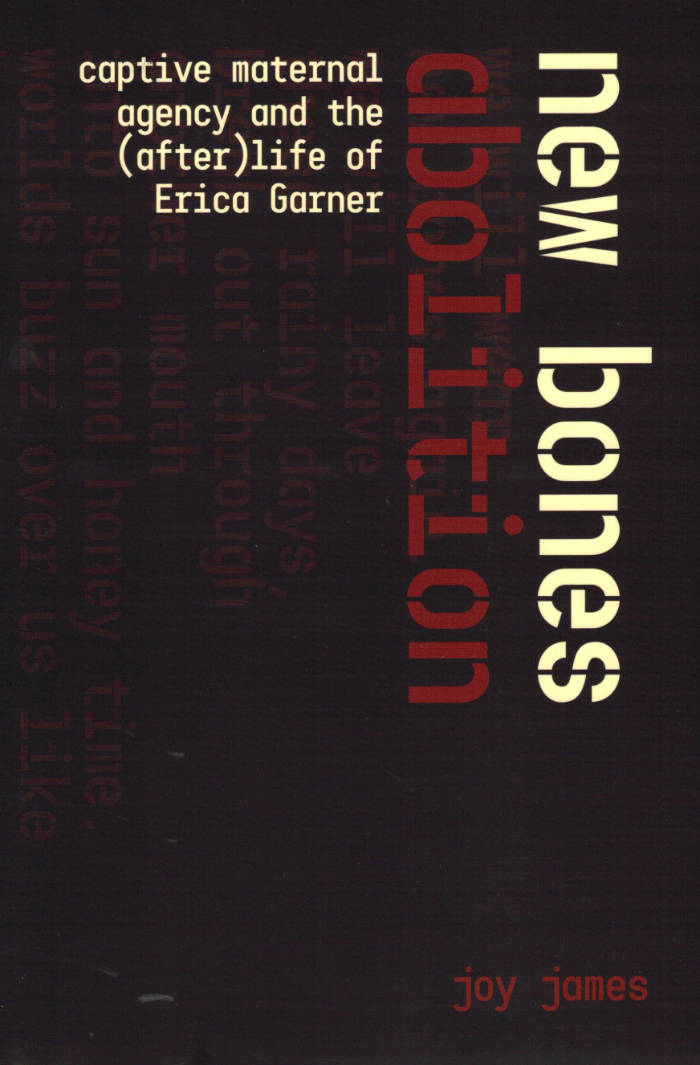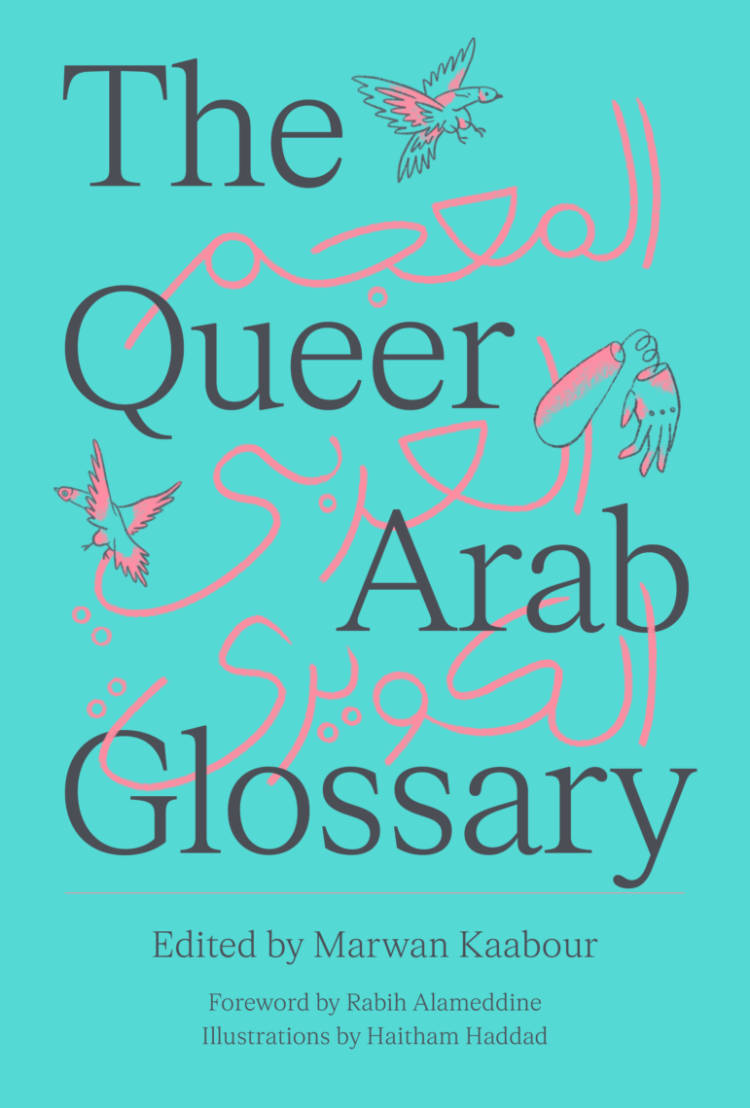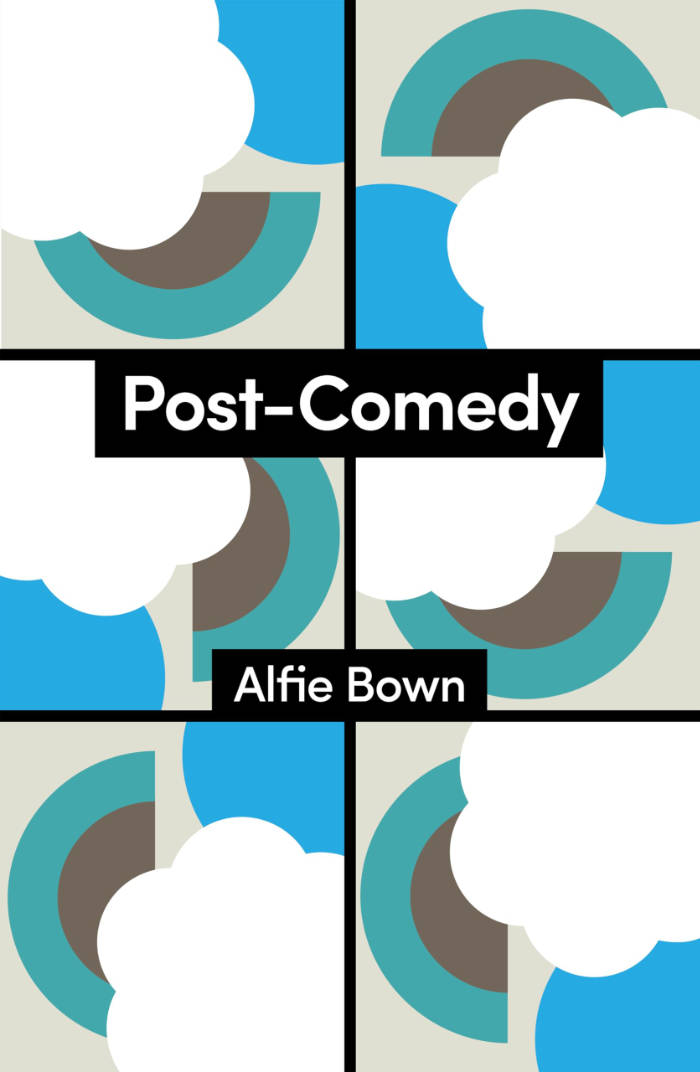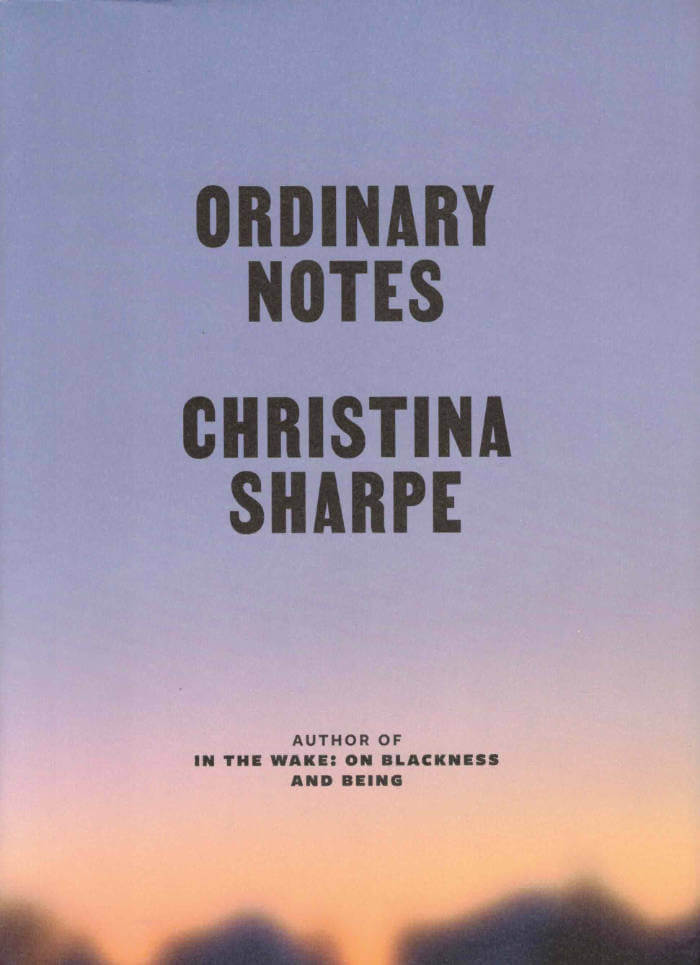
New Bones Abolition: Captive Maternal Agency and the (After)Life of Erica Garner
New Bones Abolition addresses "those of us broken enough to grow new bones" in order to stabilize our political traditions that renew freedom struggles.
Reflecting on police violence, political movements, Black feminism, Erica Garner, Mumia Abu-Jamal, caretakers and compradors, Joy James analyzes the "Captive Maternal," which emerges from legacies of colonialism, chattel slavery and predatory policing, to explore the stages of resistance and communal rebellion that manifest through war resistance. She recognizes a long line of gendered and ungendered freedom fighters, who, within a racialized and economically-stratified democracy, transform from coerced or conflicted caretakers into builders of movements, who realize the necessity of maroon spaces, and ultimately the inevitability of becoming war resisters that mobilize against genocide and state violence.
New Bones Abolition weaves a narrative of a historically complex and engaged people seeking to quell state violence. James discusses the contributions of the mother Mamie Till-Mobley who held a 1955 open-casket funeral for her fourteen-year-old Emmett Till, murdered by white nationalists; the 1971 rebels at Attica prison; the resilience of political prisoners despite the surplus torture they endured; the emergence of Black feminists as political theorists; human rights advocates seeking abolition; and the radical intellectualism of Erica Garner, daughter of Eric Garner slain in 2014 by the NYPD. James positions the Captive Maternal within the evolution of contemporary abolition. Her meditation on, and theorizing of, Black radicals and revolutionaries works to honor Agape-driven communities and organizers that deter state/police predatory violence through love, caretaking, protest, movements, marronage, and war resistance.







